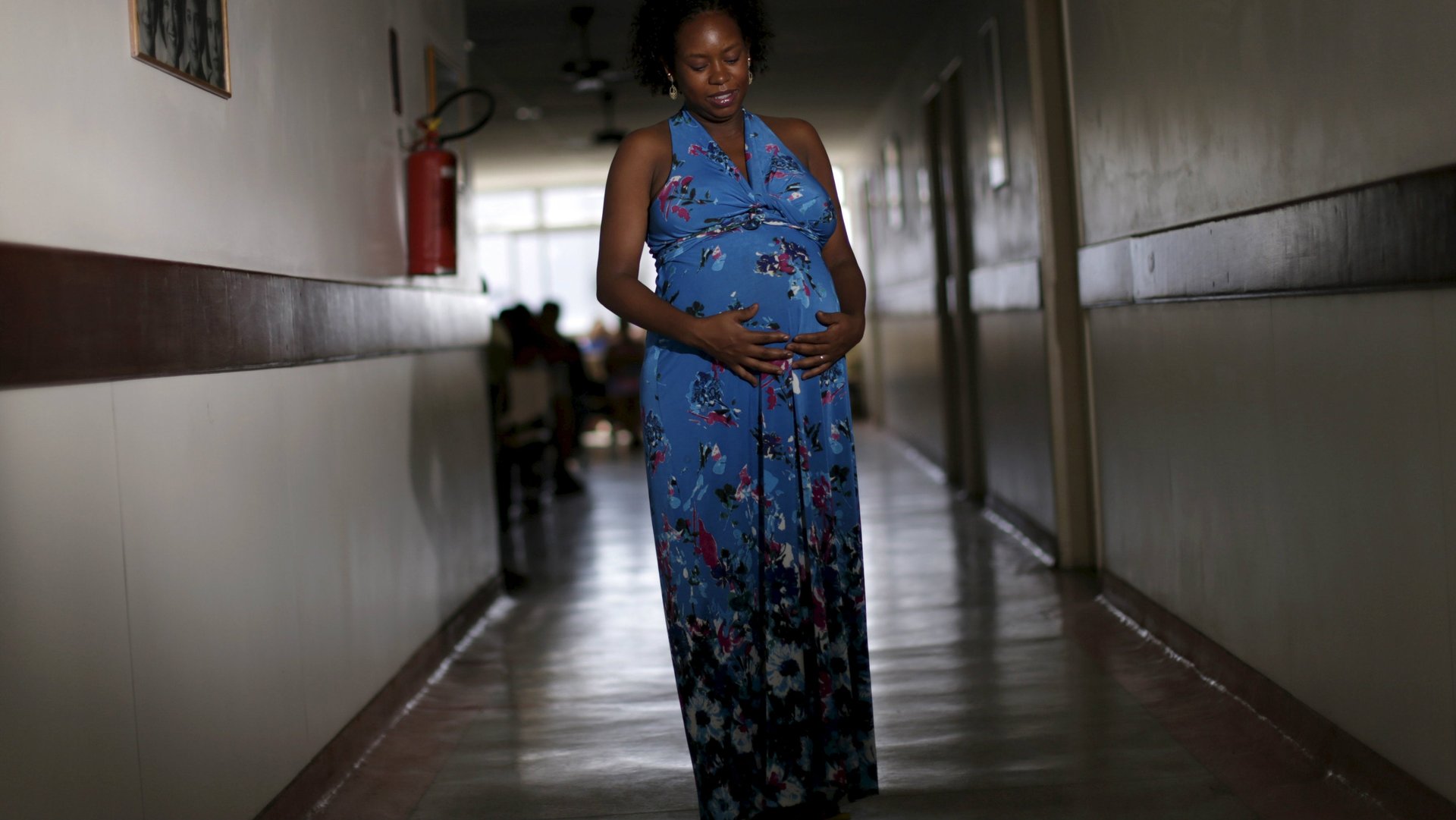Abortion and contraception: The two best ways to slow the Zika outbreak, according to experts
The Zika virus is “spreading explosively” in the Americas, according to the World Health Organization. The virus has been linked—but not yet confirmed—to the birth defect microcephaly, which means babies are born with abnormally small brains and a high risk of early death.


The Zika virus is “spreading explosively” in the Americas, according to the World Health Organization. The virus has been linked—but not yet confirmed—to the birth defect microcephaly, which means babies are born with abnormally small brains and a high risk of early death.
The Zika epidemic has reignited a fierce debate on contraception and abortion in Latin America, which is home to some of the most restrictive abortion laws in the world. Only 52% women in the region have access to contraceptives; abortion is completely banned in five countries in Latin America.
Abortion is legal in Brazil, where 1.5 Zika million cases have been registered, only if the mother’s life is in danger. A petition signed by lawyers, campaigners, and scientists is being widely circulated that calls on the country’s supreme court to allow abortions for women who have contracted the virus. So far, one Brazilian judge has reportedly said he’ll grant abortions to women who have caught Zika, but would only do so if the woman could prove her child was brain-damaged and not expected to survive for long.
A number of affected countries in the region have advised women to delay pregnancy—in one case, for up to two years—until the epidemic has been dealt with. But as critics have already pointed out, this advice is particularly hard to follow in Latin America.
“In the affected areas, approximately half of pregnancies are unplanned,” Tewodros Melesse, director general of the International Planned Parenthood Federation, said in a statement. “Poor women and women in rural areas are more susceptible to infection and less likely to have access to sexuality education and contraception.”
Currently, 95% of abortions carried out in the region are estimated to be carried out in unsafe conditions. Around 760,000 Latin Americans end up in hospital as a result. Campaigners warn that the number of deaths from unsafe abortions could rise if the WHO and governments fail to address the lack of access.
Brazil has deployed hundreds of thousands of health inspectors, insecticides, and expanded trials on genetically modified mosquitoes and parasite-infected mosquitoes to fight the virus. Health experts warn that the Zika virus outbreak could be a bigger threat to global health than the Ebola epidemic.